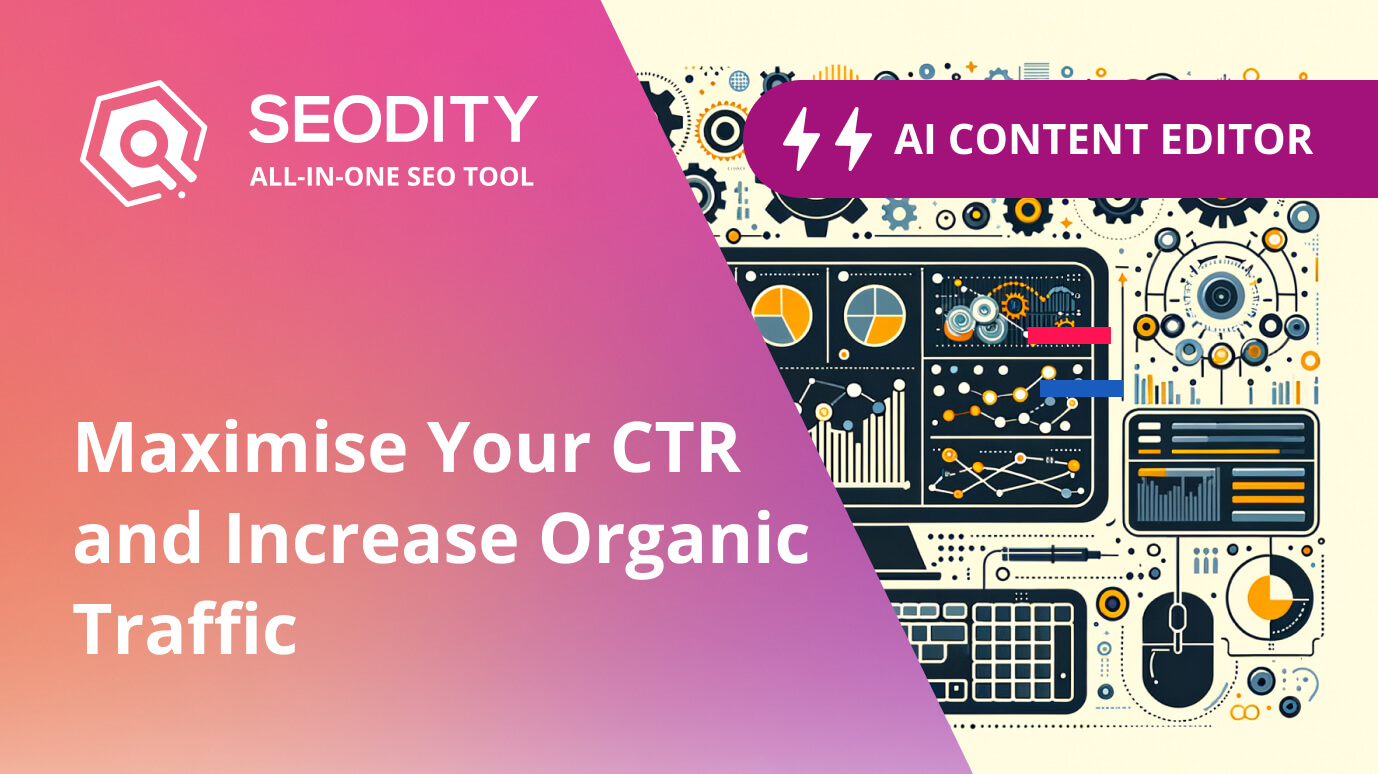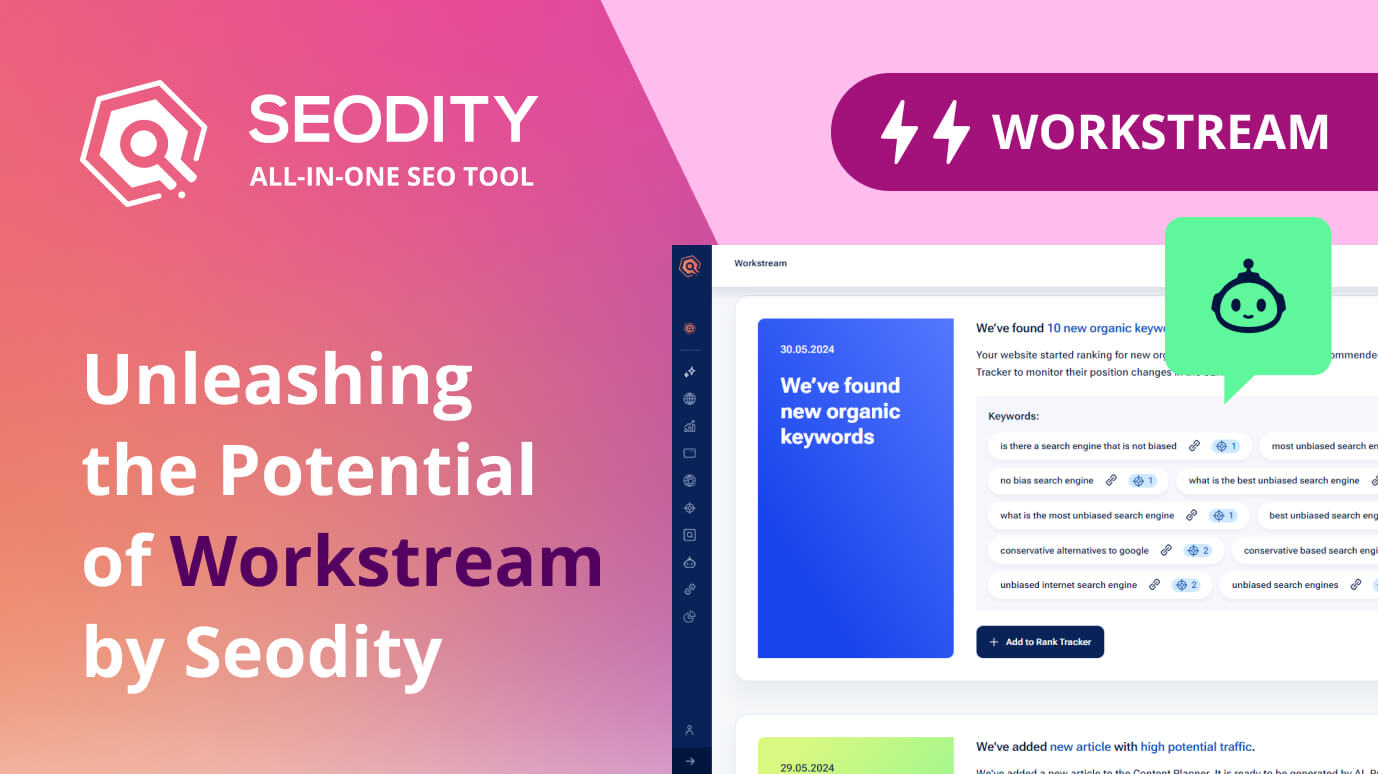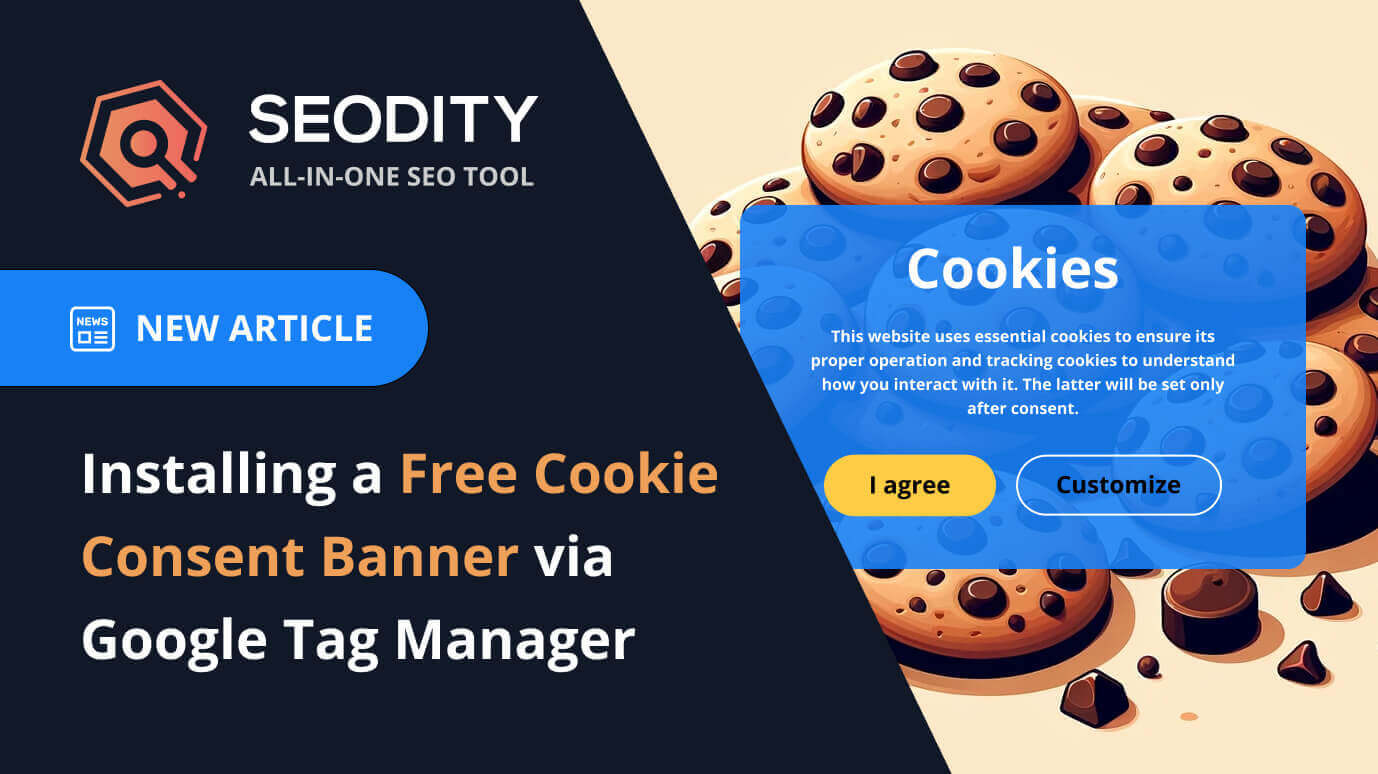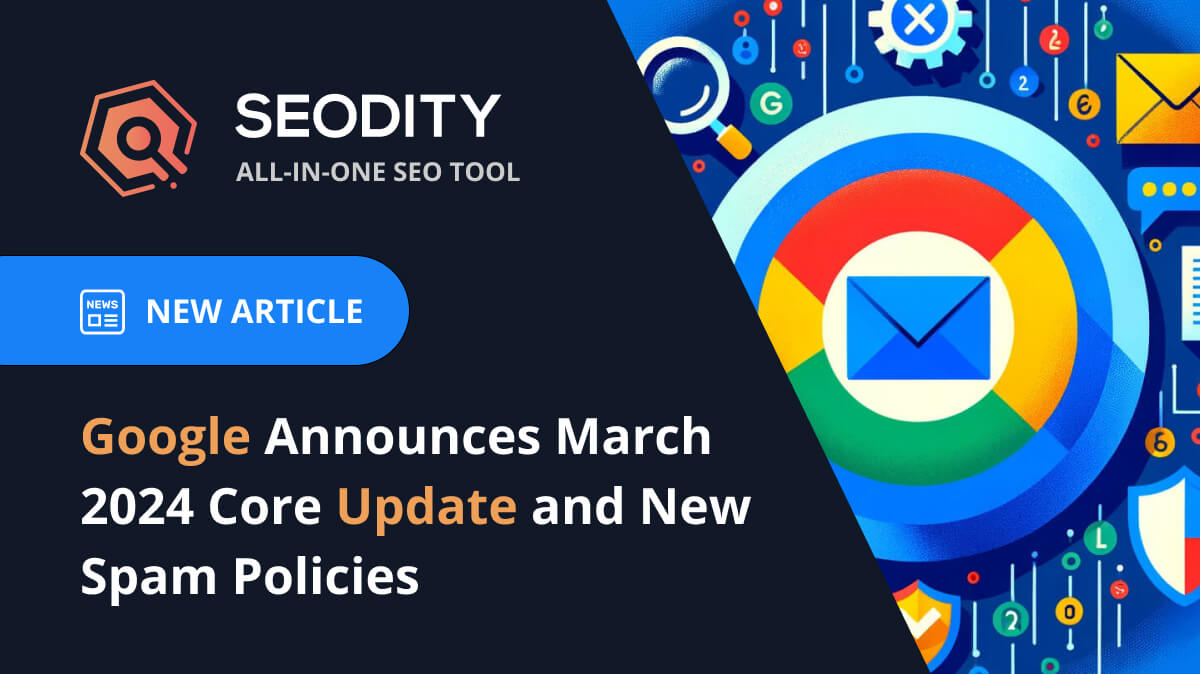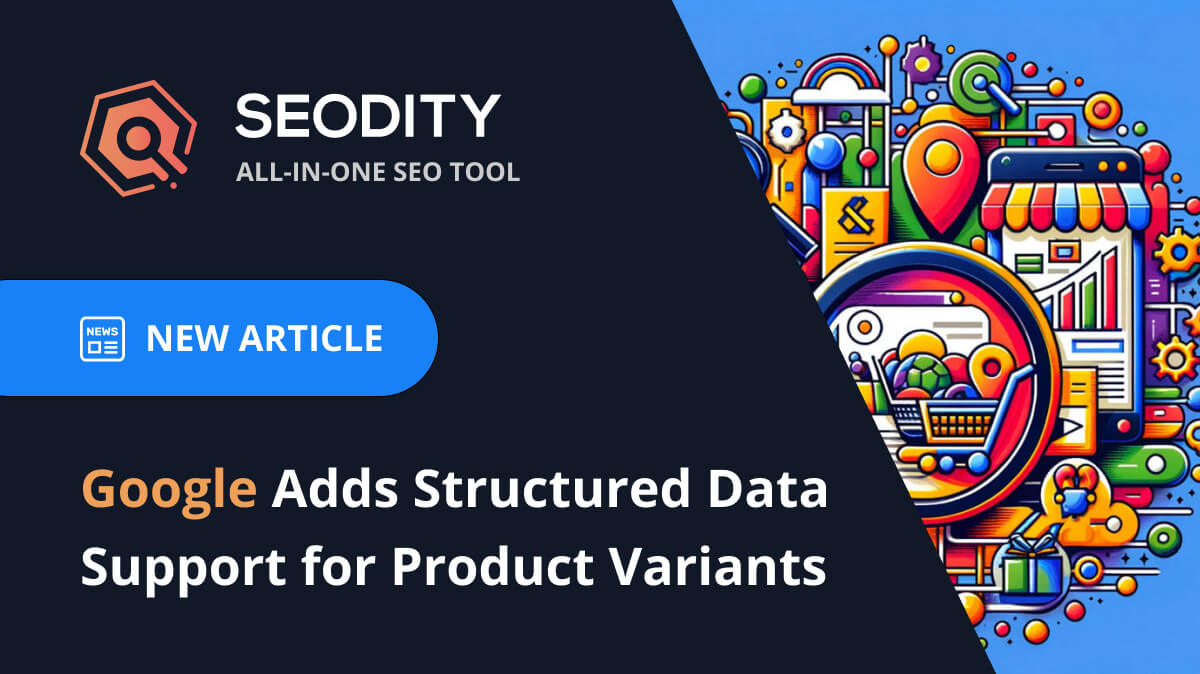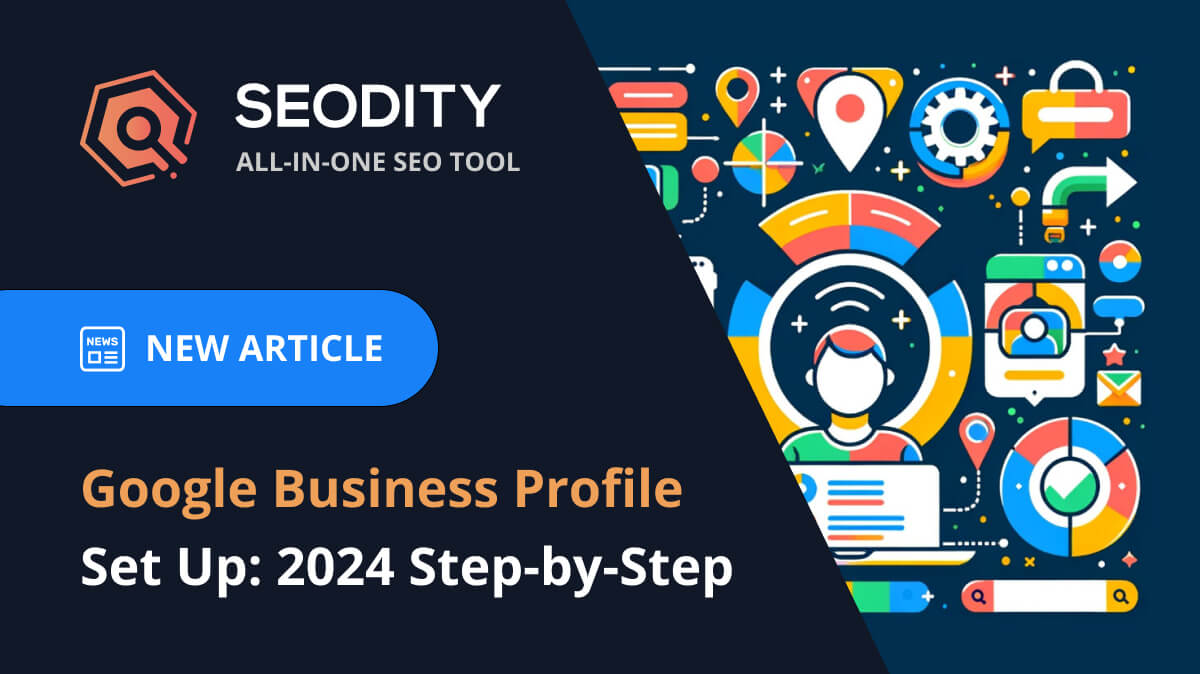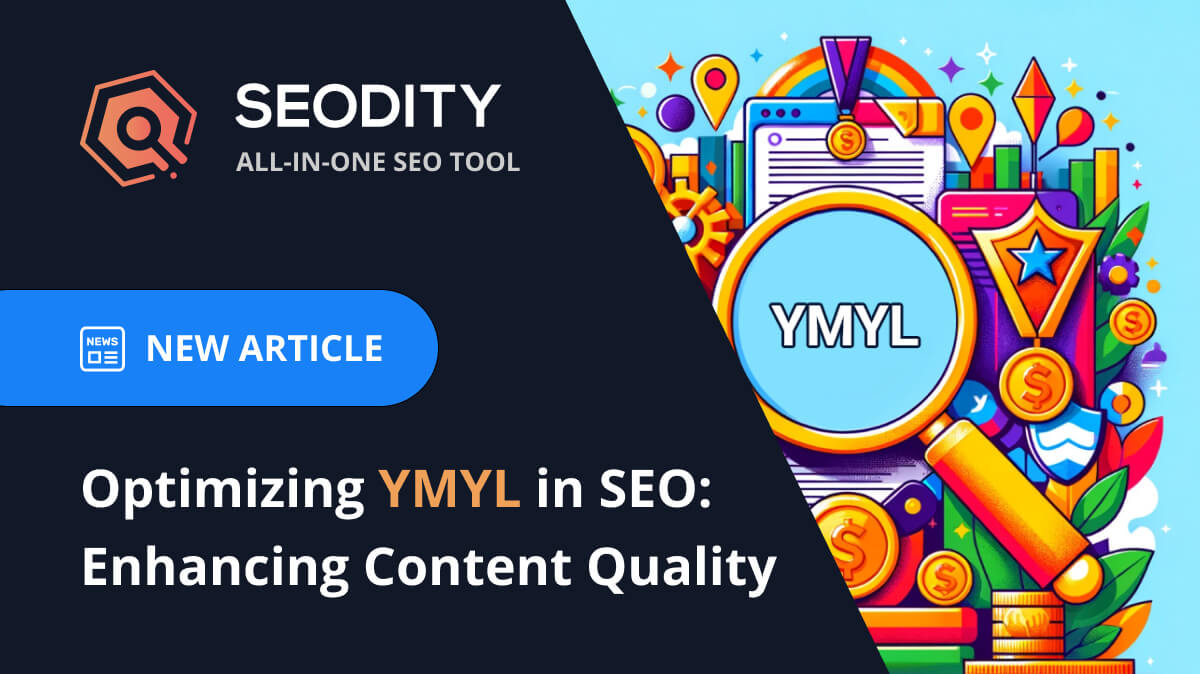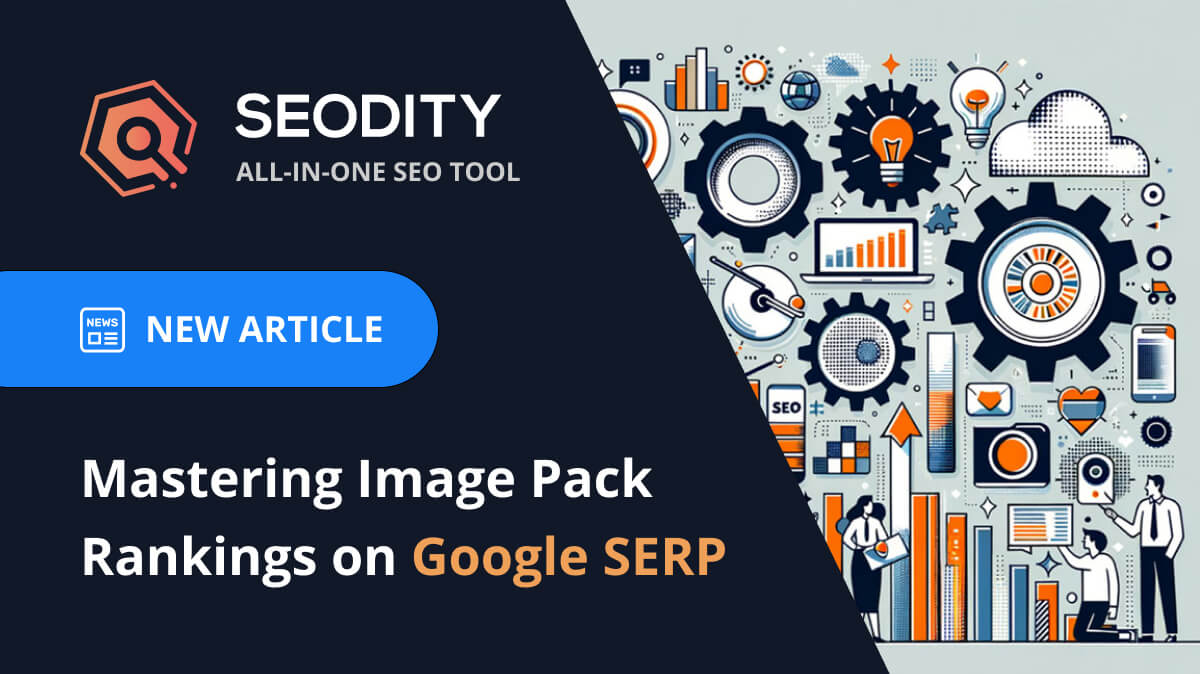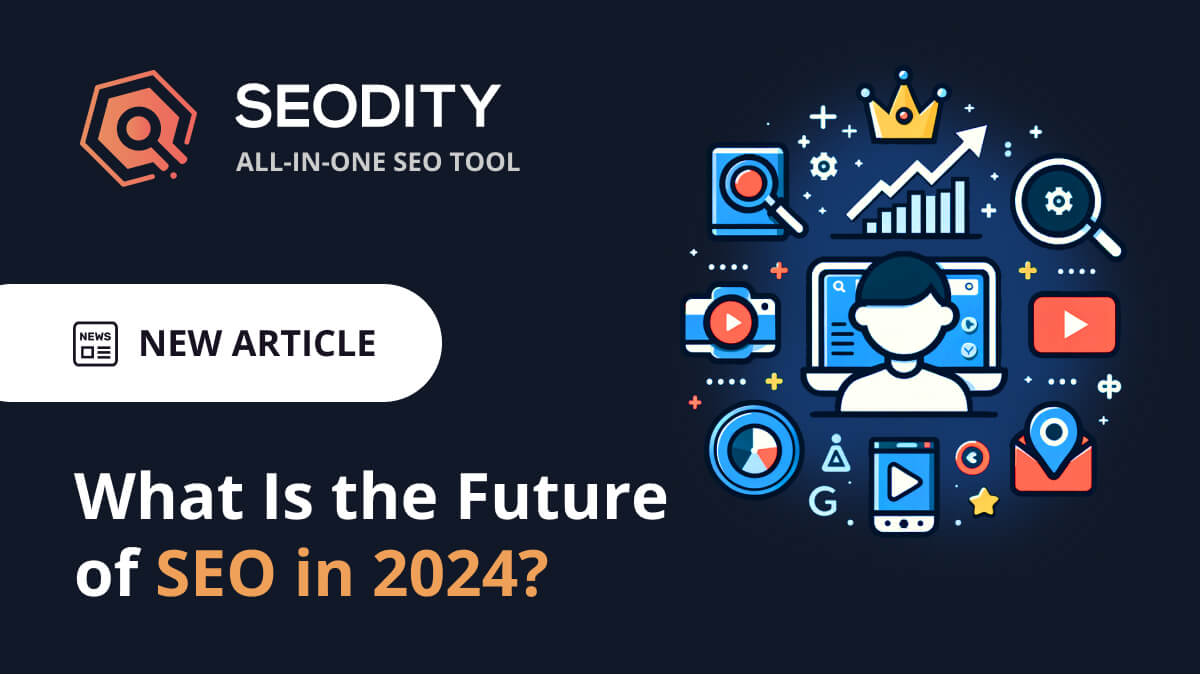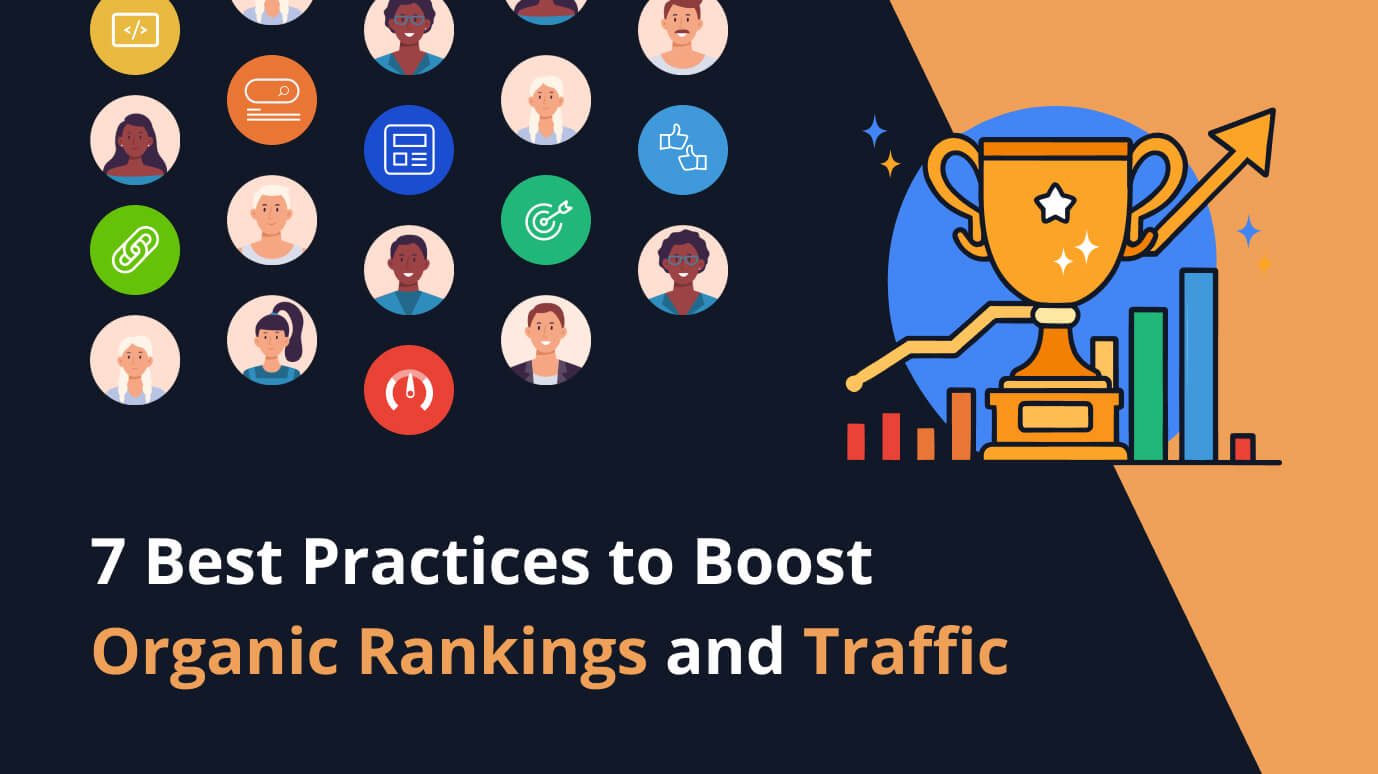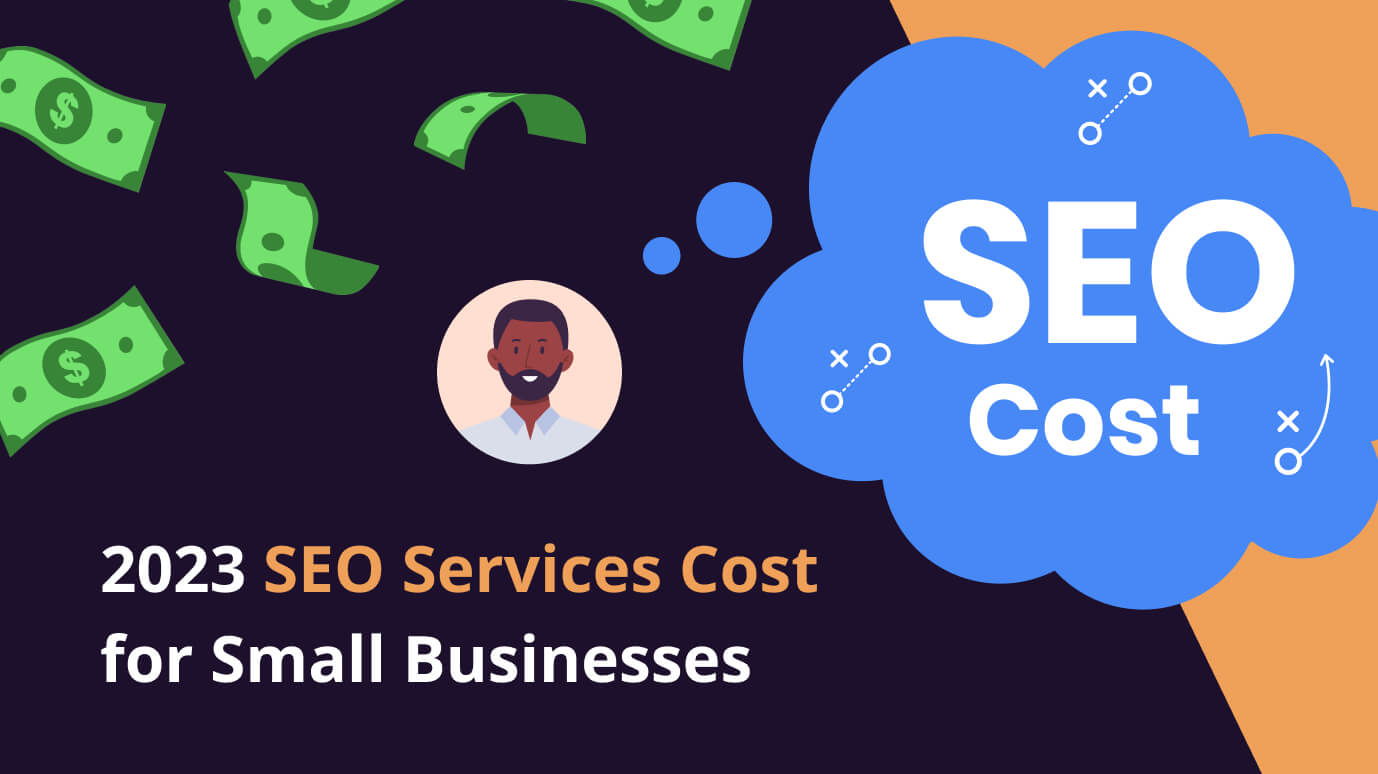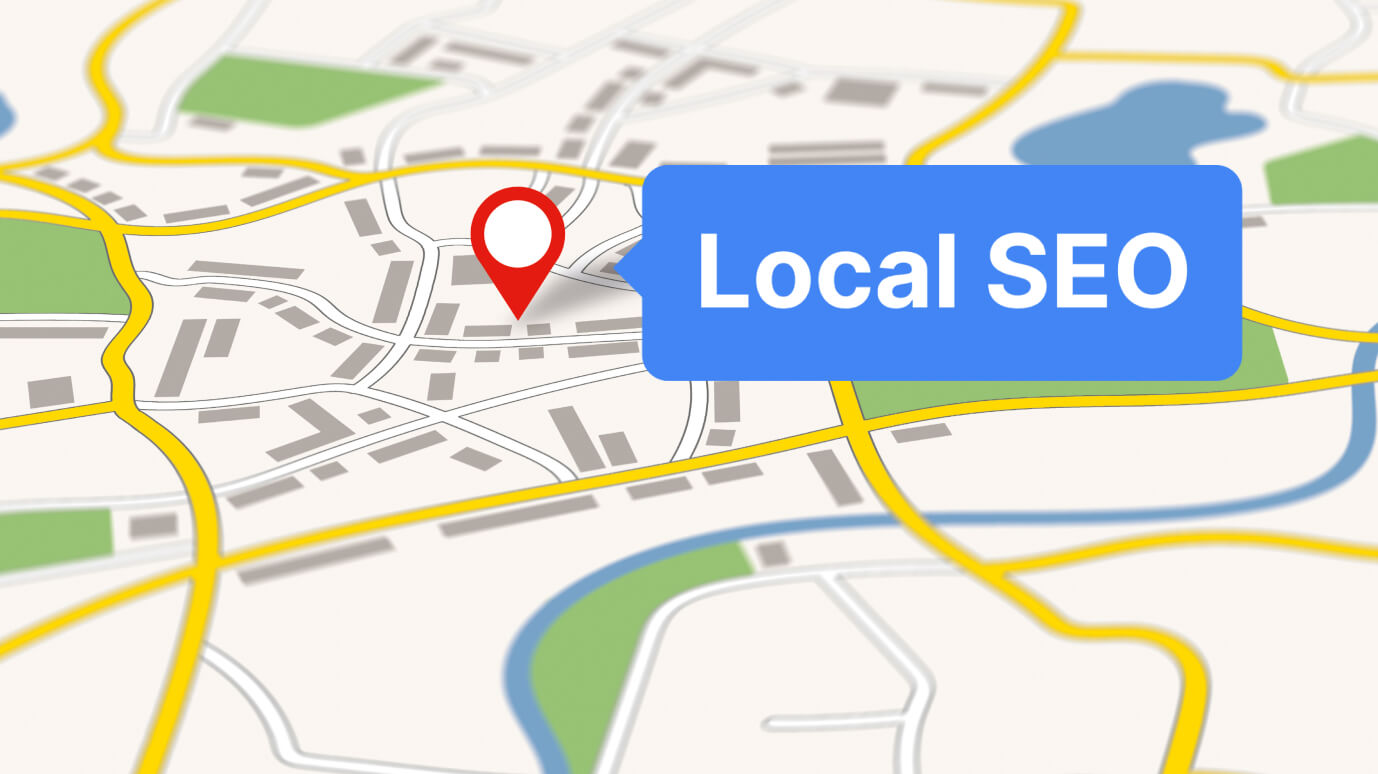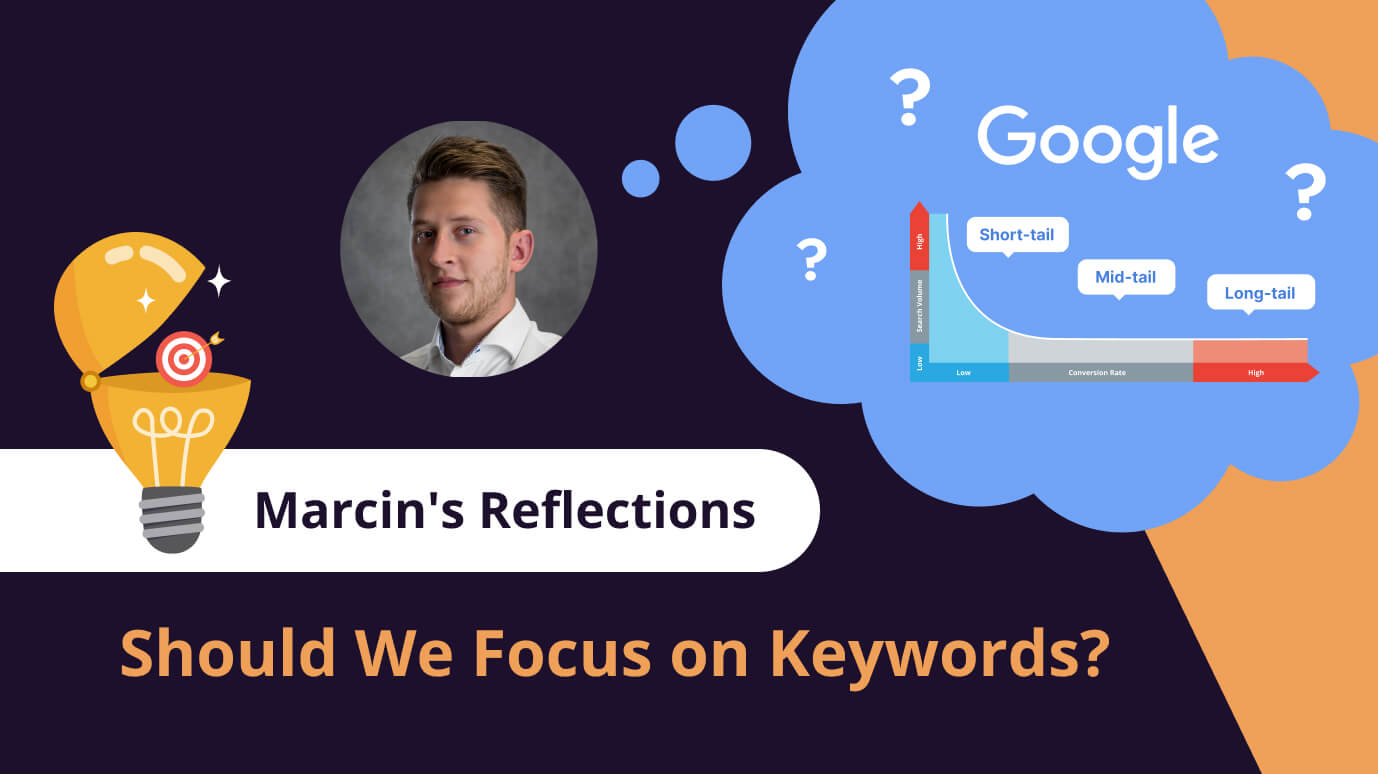
 5 min read
5 min readMarcin's Reflections: Should we focus on keywords?
Should we focus on exact keywords?
When we're writing new content or trying to optimize existing one, we almost always begin with the Keyword Research module. Most content creation tools count the number of times keywords are used. But why is this? Is it really a good factor?
I'll explain why you shouldn’t focus on keyword density.
Lately, we've seen many opinions about threats to SEO from AI. Many website owners are worried about their ranks. Some of them even share the view that SEO will no longer exist.
But what exactly is SEO nowadays?
It doesn't look like it did in the early 2000s when the number of backlinks and keywords in meta tags were enough to rank on the first Google page.
Let me share some insights with you:
- 💡 1. What does Google itself say about SEO?
- 🎯 2. Understanding search intent and why it's crucial.
- 🔍 3. How to effectively use long-tail keywords?
- 📚 4. Topics and questions are now more important than keyword density.
Reading time: 7 minutes and 45 seconds
💡 1. Topics and questions are now more important than keyword density.
Firstly, you shouldn't create your content for search engines. Is that obvious? Not at all. You'll find a lot of materials about SEO. There's a common thread among those materials; they're trying to sell something, their products, or their services. Often, they try to overcomplicate SEO.
I've thought about this a lot and made this mistake in the past. But it's really simple; we should focus on our audience. The audience should be at the center of our SEO activity. We should create content for them. There's a book about this written by Eli Schwartz, Product-Led SEO: The Why Behind Building Your Organic Growth Strategy
That’s why you shouldn’t care about keyword density. Because you're writing for your audience, not for search engines. You should focus on topics that could be interesting for them and answer the questions that your customers ask. You can find these questions in the SERP features, under "People Also Ask
🎯 2. Understanding search intent and why it's crucial.
We must understand how people search, and there are four main purposes:
- Informational intent - Users often search the internet to find information on specific topics or queries. This kind of search behavior is prevalent in educational and research-based websites, blogs, and news sites. For instance, they may be looking for answers to questions like "how to make a cake", "what is the capital of France", or "how does a solar panel work".
- Navigational intent - Users search the internet specifically to find a particular website or webpage. This occurs frequently when users are aware of the website they're interested in, but perhaps don't remember the exact URL or need assistance navigating to their desired page. For example, they may search for terms like "Facebook login", "Gmail", or "Amazon Prime Video".
- Transactional intent - Users expressing transactional intent are looking to complete a specific action, like making a purchase. This intent is commonly seen in e-commerce or service-based websites. Examples could include someone searching to "buy an iPhone online", "book flight tickets", or "order pizza online". This behavior demonstrates a clear intention to fulfill a transaction.
- Commercial intent - When a user is considering a product but needs to do some research or make comparisons before deciding, they display what's known as a comparative intent. This type of search behavior is often found on review sites, price comparison platforms, or product comparison sites. Queries such as "best DSLR cameras", "iPhone vs. Samsung", or "best laptop for gaming" exemplify this intent, as users want to explore various options and gather enough information to make an informed decision.
If we are creating a new article or landing page, we should understand its purpose. The design might look completely different if the purpose is transactional, where it should have a call to action for a specific product and social proof.
However, if we are crafting an informational article, our focus should be on addressing specific doubts.
With Seodity, you can easily filter by search intent.

🔍 3. How to effectively use long-tail keywords?

With long-tail keywords, you can more quickly address specific topics or questions. Moreover, these keywords convert much better than broader ones.
So if your clients are searching for the "medical transportation" service, their intent is informational. They want to know more about this service. These keywords have a high search volume and the difficulty to rank for these keywords is quite high.
It's better to focus on a topic that will bring you new customers, like the keyword "how much does non-emergency medical transportation cost". Writing an entire article about this subject will make it much easier to rank, and the conversion rate will be much higher.
You can read more about long-tail keywords in my new article here -> https://seodity.com/blog/long-tail-keywords
📚 4. What does Google itself say about SEO?
Some people treat SEO as secret knowledge. But it's not as though Google is hiding how their algorithm works. Even the developers at Google Search don't know what the specific rank will be, due to the complexity. And now there's AI, which completely changes the approach.
But they know what outcome they should aim for. Google makes it clear that what matters is the content that is written for users, the speed of the site, and its usability.https://developers.google.com/search/docs/fundamentals/creating-helpful-content
I hope you enjoy this kind of sharing of my thoughts. Please let me know what you think about it.
You can contact me via email marcinpastuszek@seodity.com
Have a great day!
Marcin

Marcin is co-founder of Seodity
.svg)

